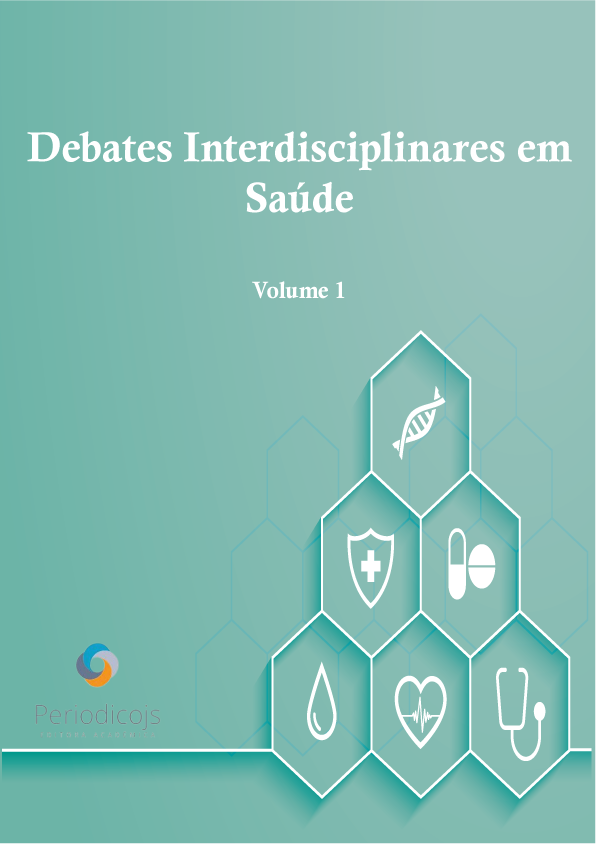Abstract
Introduction: Postpartum Depression (DPP) directly affects the mother-baby relationship with definite consequences for the mother, the family, and the child who feels rejected. Objective: To analyze nursing care in postpartum depression. Methodology: This is a field research, exploratory, descriptive, qualitative approach and will be performed at Family Health Units (USF), in the city of João Pessoa, Paraíba, Brazil. The study universe will be composed of all the nurses who work in primary care and the sample will be composed of 8 nurses working in in integrated FHUs who have attended postpartum women with signs and symptoms of DPP. The instrument that will be used to collect the empirical material will be a semi-structured interview script and a demographic socio-economic questionnaire. After the production of the empirical material, the transcription stage will begin, where the oral narratives will be transformed into a written message. For the analysis of the empirical material, the technique of content analysis will be used. Conclusion: Considering the collections and the results obtained, is exposed how important is the formation of a qualified nurse to identify cases of postpartum women with DPP, since with the course of the research it was identified that most nurses find a barrier regarding identification of the signs and symptoms of postpartum women with DPP.
References
Ana P.R.R; Eliana M.B. “A importância da comunicação durante o período de recuperação pós-operatória”. (2011). Rev. esc. enferm. USP vol.45 no.3 São Paulo June.
Barbosa, T.L.A, et al. “Expectativas e percepções dos estudantes do curso técnico em enfermagem com relação ao mercado de trabalho”. (2011) In: Texto contexto - enferm. vol.20, pp. 45-51.
Brasil. Ministério da Saúde. “Departamento de Atenção Básica”. Portal da Saúde, 2012. Consultado a 26.05.2016, em www.saude.gov.br.
Brasil. Ministério da Saúde. “Política Nacional de Atenção Básica” (2012). Brasília: (Série E. Legislação em Saúde).
Cummings, E.M; Davies, P. T. “Effects of marital conflict on children: recent advances and emerging themes in process-oriented research” (2002). Journal of Child Psychology and Psychiatry, 43, 31-63.
Félix, T.A, et al. “Atuação da enfermagem frente à depressão pós-parto nas consultas de puericultura”. (2013). Revista eletrônica trimestral de enfermaria.
Freitas, R.D, et al. “Alojamento conjunto em um hospital universitário: depressão pós-parto na perspectiva do enfermeiro”. (2014). J. res.: fundam. care. Online. abr./jun. 6(2):1202-1211.
Minayo, S.C.M. O desafio do conhecimento. São Paulo, 2008.
Schardosim, M.J; Heldt,E. “Escalas de rastreamento para depressão pós-parto: Uma revisão sistemática” (2011). Rev. Gaúcha enferm, Porto Alegre (RS) mar, 32(1):159-66.
Soares, F.C.G, et al. “Transtornos de adaptação no pós-parto decorrentes do parto: estudo descritivo exploratório”. (2012). Online braz. j. nurs. (Online);11(3), dec 21.

